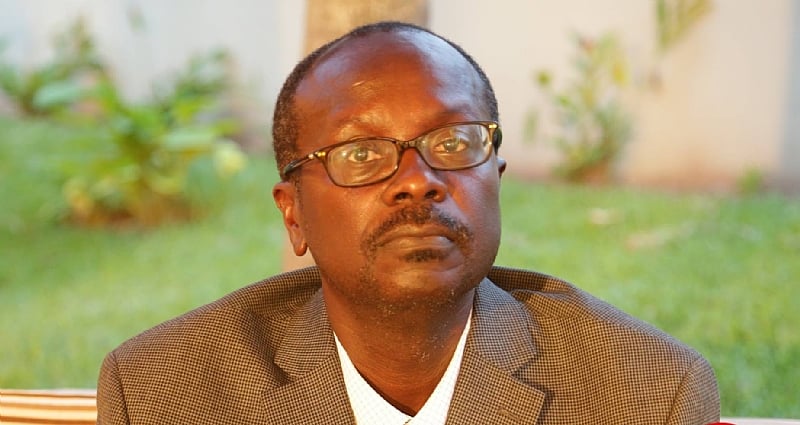The controversy surrounding Chief Justice Gertrude Torkornoo’s position has sparked a heated debate in Ghana, with Professor Stephen Asare, a fellow at the Centre for Democratic Development (CDD), leading the charge against the Minority in Parliament for their seemingly contradictory stance. Professor Asare accuses the Minority of applying double standards by defending the Chief Justice despite facing multiple petitions calling for her removal, while in the past, they vehemently advocated for the dismissal of other high-ranking officials based on similar petitions. This perceived inconsistency has raised concerns about the politicization of accountability processes and the potential erosion of established procedures for addressing allegations of misconduct against public figures.
At the heart of the debate lies the question of whether past precedent should dictate the current course of action. Professor Asare argues that the principle of holding wrongdoers accountable should be applied consistently, regardless of the individual’s position or political affiliations. He points to the cases of former CHRAJ boss Lauretta Lamptey and former Electoral Commission Chairperson Charlotte Osei, both of whom were removed from their positions following petitions alleging misconduct. By highlighting these past instances, Professor Asare seeks to demonstrate the Minority’s apparent shift in stance, questioning the rationale behind their current defense of the Chief Justice despite similar allegations being leveled against her. This inconsistency, he suggests, could undermine public trust in the impartiality and fairness of accountability mechanisms.
The specific allegations against Chief Justice Torkornoo pertain to private consultations she allegedly held with President John Mahama regarding appointments to the Supreme Court. Professor Asare finds this purported conduct deeply troubling, arguing that such backroom dealings compromise the integrity and independence of the judiciary. He questions the wisdom of retaining a Chief Justice who is alleged to have engaged in such practices, emphasizing the potential for undue influence and the erosion of public confidence in the impartiality of judicial appointments. The independence of the judiciary is a cornerstone of any democratic society, and any action that could potentially compromise this independence warrants thorough investigation and appropriate action.
Adding further fuel to the controversy is the involvement of Minority Chief Whip Frank Annoh-Dompreh, who previously played a prominent role in pushing for the removal of Lauretta Lamptey. Professor Asare highlights this fact to emphasize the apparent contradiction in the Minority’s position. He questions what has changed since then to warrant such a drastically different approach in the case of Chief Justice Torkornoo. This inconsistency raises concerns about potential political motivations influencing the Minority’s actions and undermines the credibility of their arguments in defense of the Chief Justice.
The petitions against Chief Justice Torkornoo have been forwarded to the Council of State by President Mahama for advice. This adds another layer of complexity to the situation, as the Council of State is now tasked with evaluating the merits of the allegations and advising the President on the appropriate course of action. The outcome of this process will have significant implications for the future of the judiciary and the public’s perception of its independence and integrity. It is crucial that the Council of State conducts a thorough and impartial investigation, considering all available evidence and ensuring that due process is followed.
The controversy surrounding Chief Justice Torkornoo highlights the ongoing challenges in upholding accountability and ensuring transparency in Ghana’s political landscape. The conflicting stances taken by various political actors raise questions about the extent to which political considerations influence decisions related to accountability. It is essential that established procedures for addressing allegations of misconduct are followed consistently, regardless of the individual’s position or political affiliations. This will help to maintain public trust in the integrity of institutions and ensure that those in positions of power are held accountable for their actions. The outcome of the Council of State’s deliberations will be a crucial test of Ghana’s commitment to upholding the principles of good governance and ensuring the independence of its judiciary.


